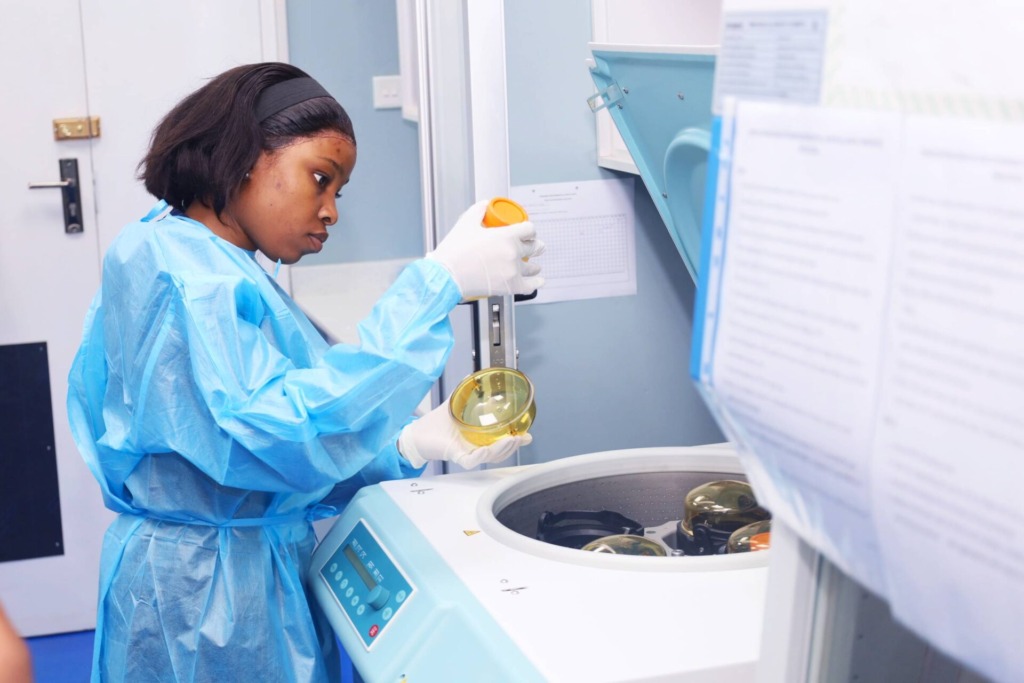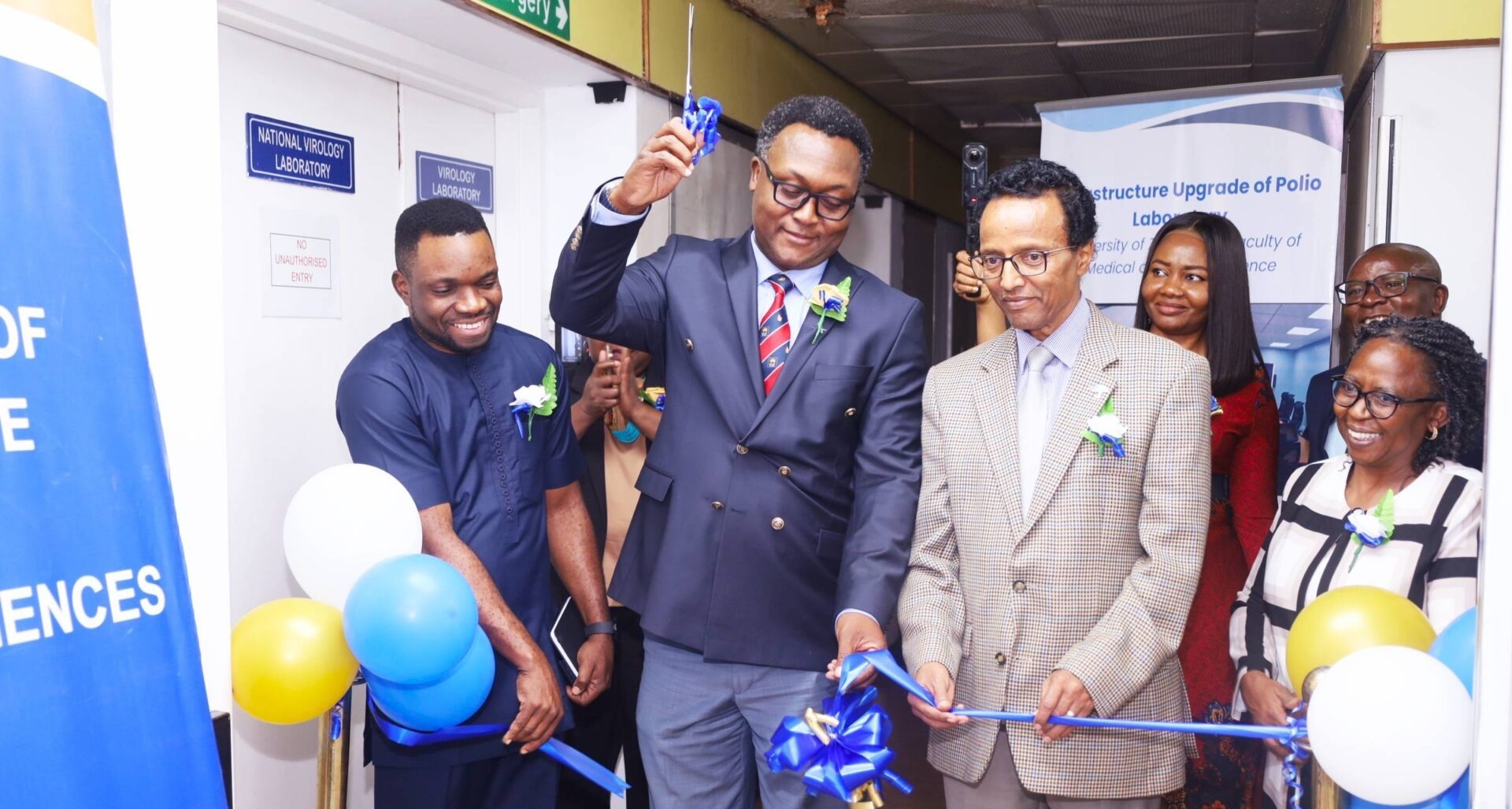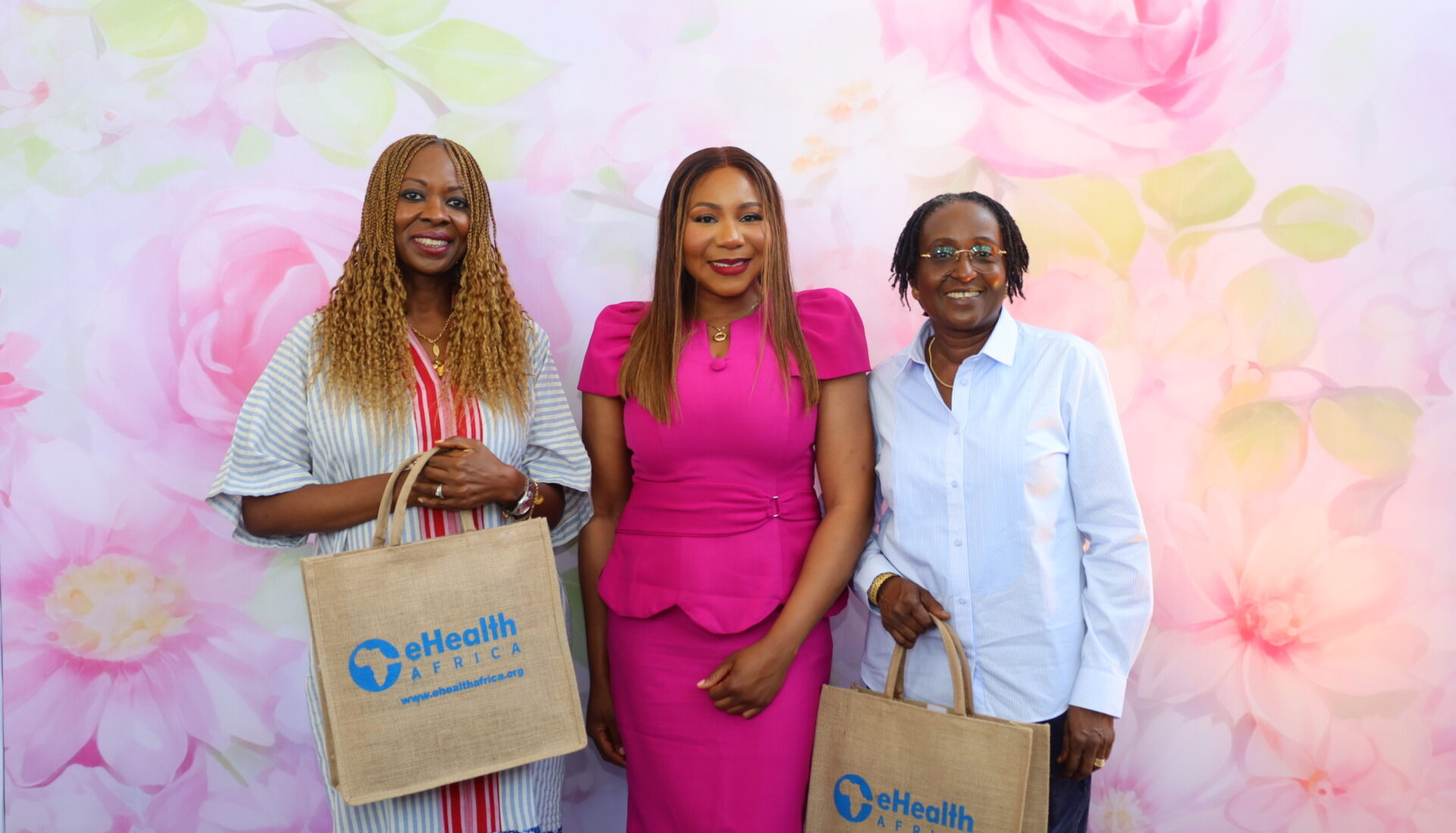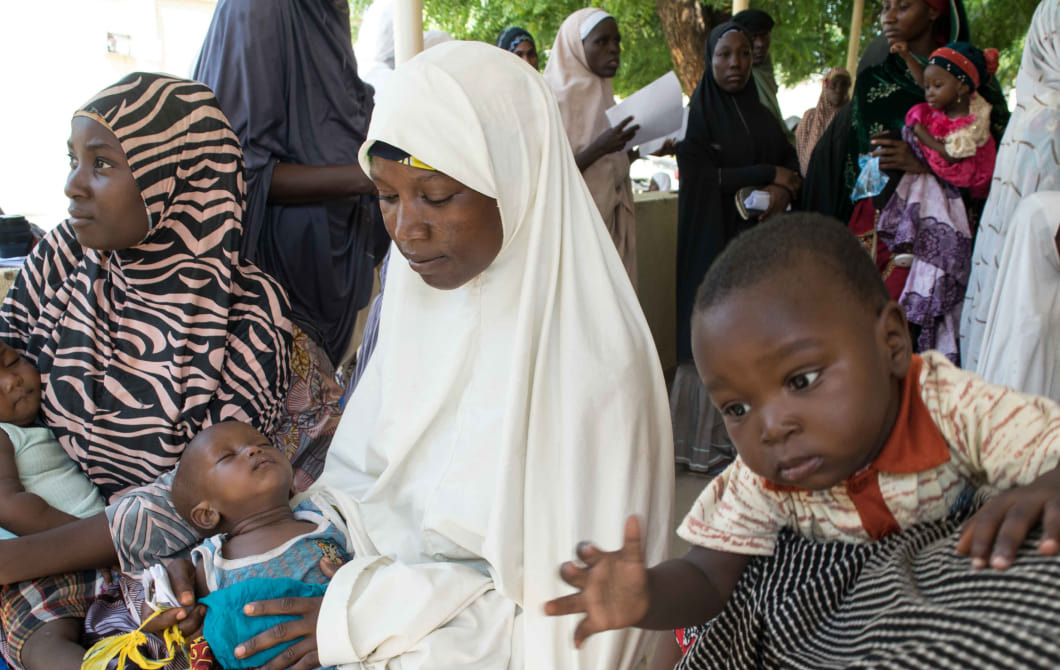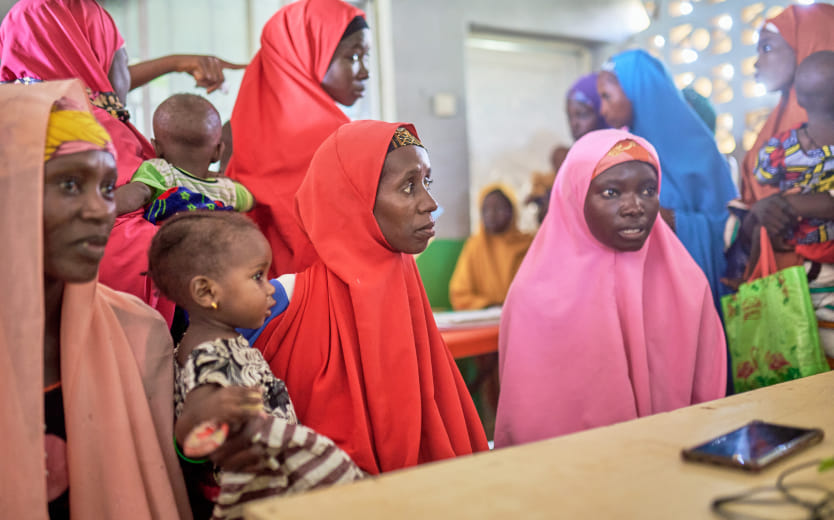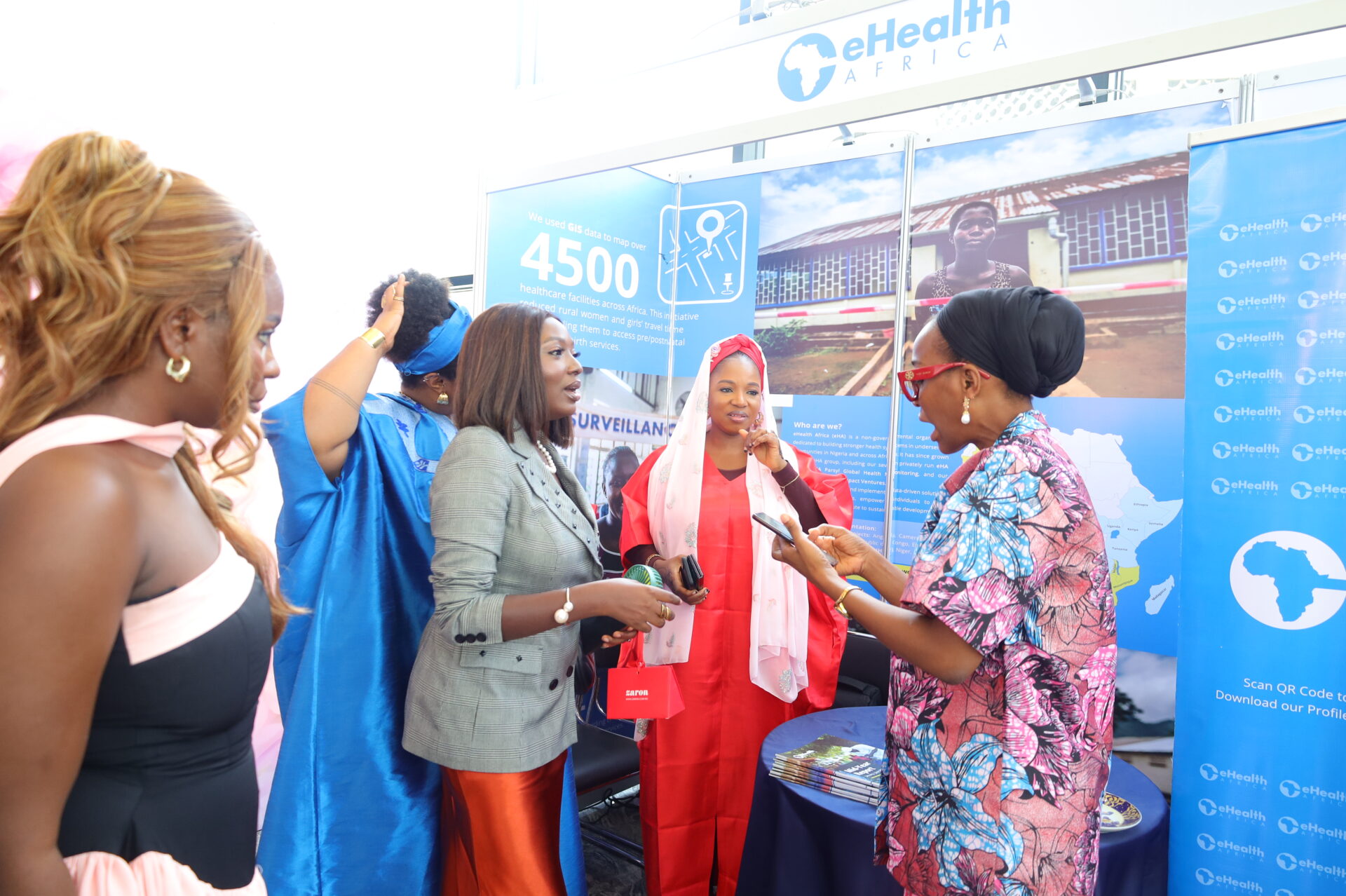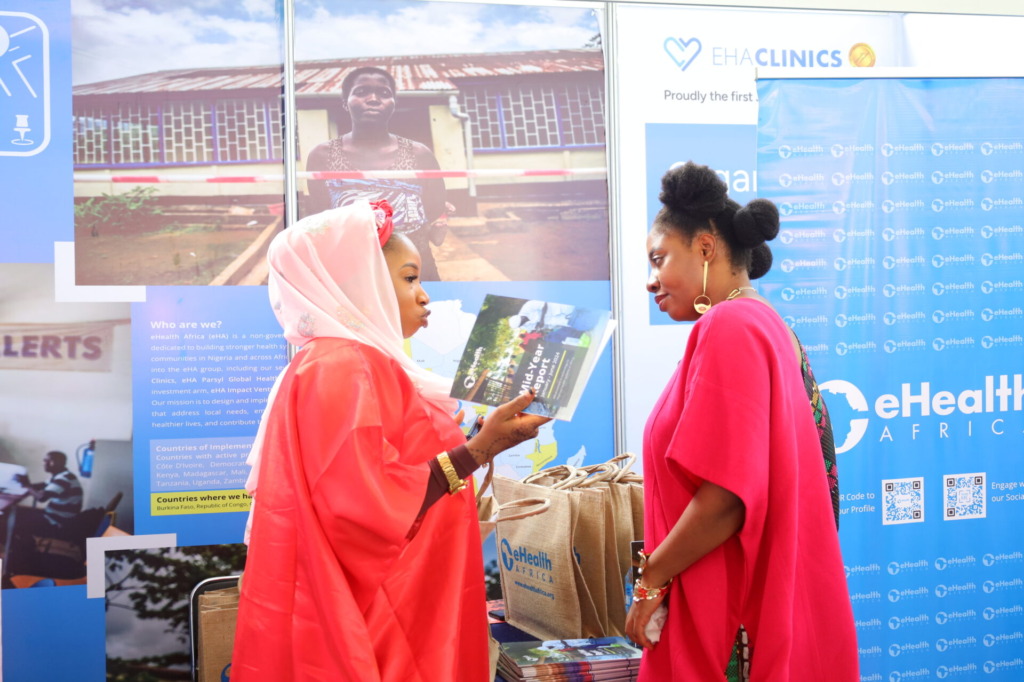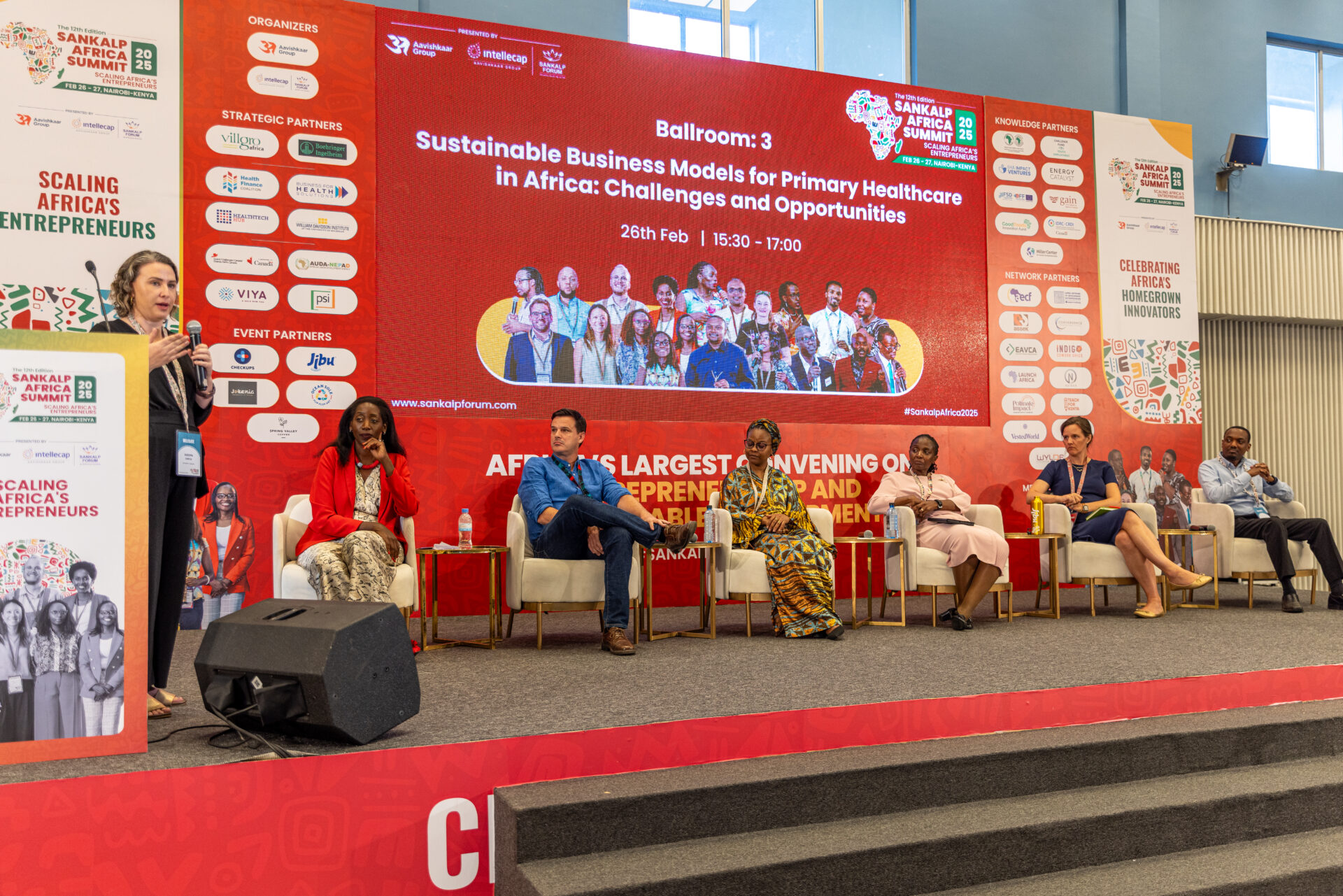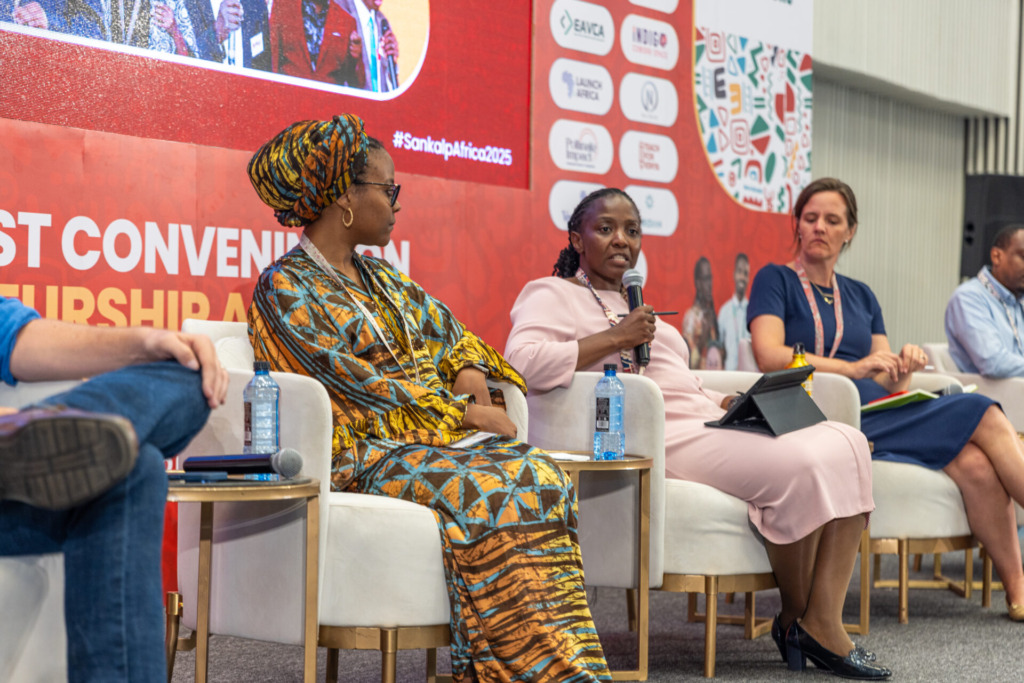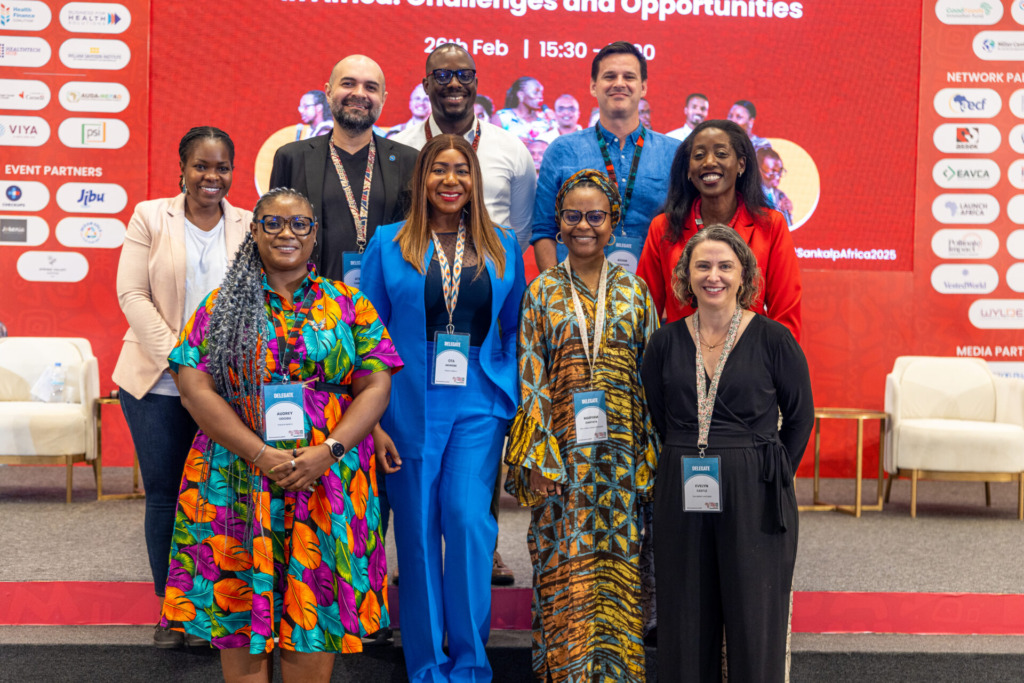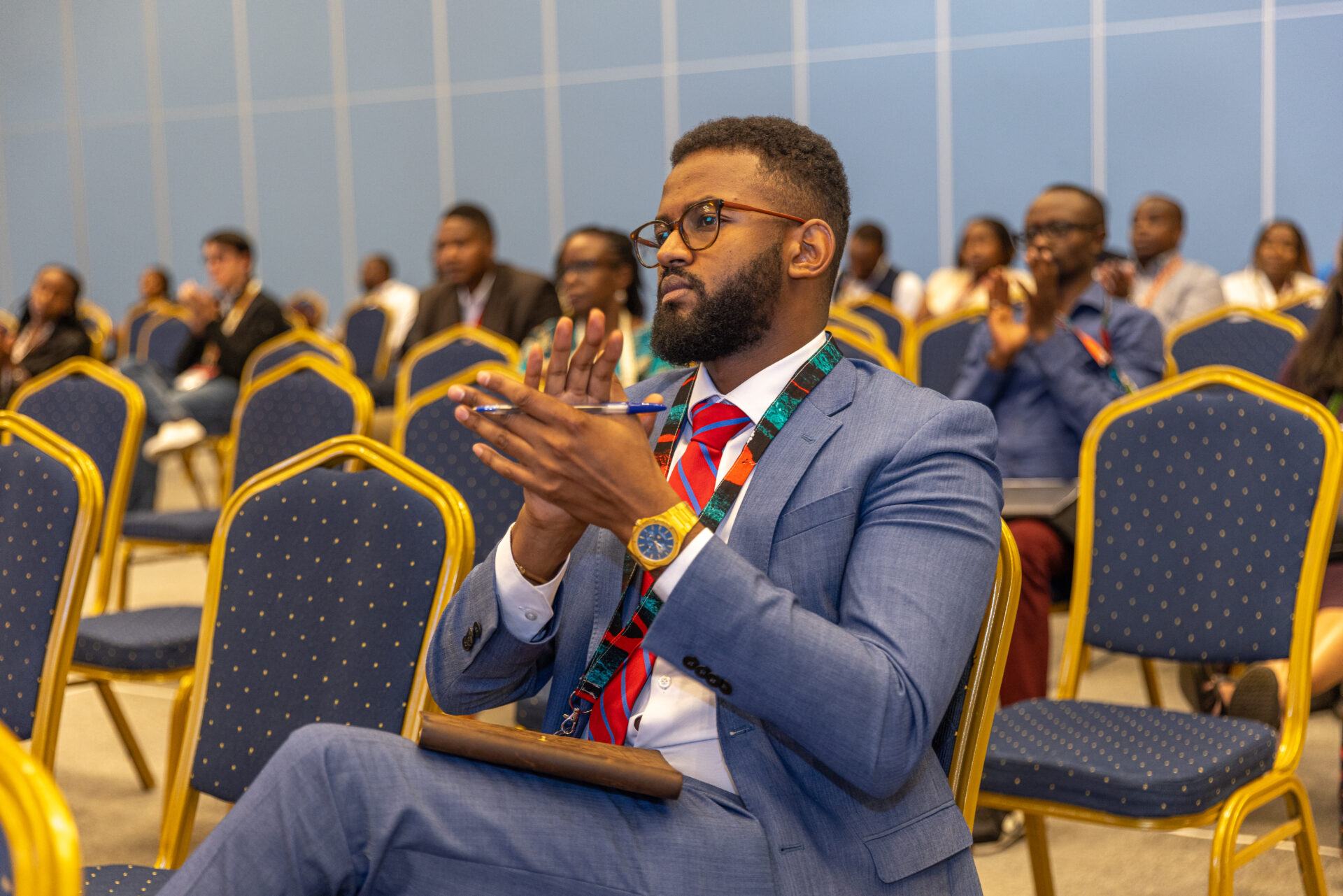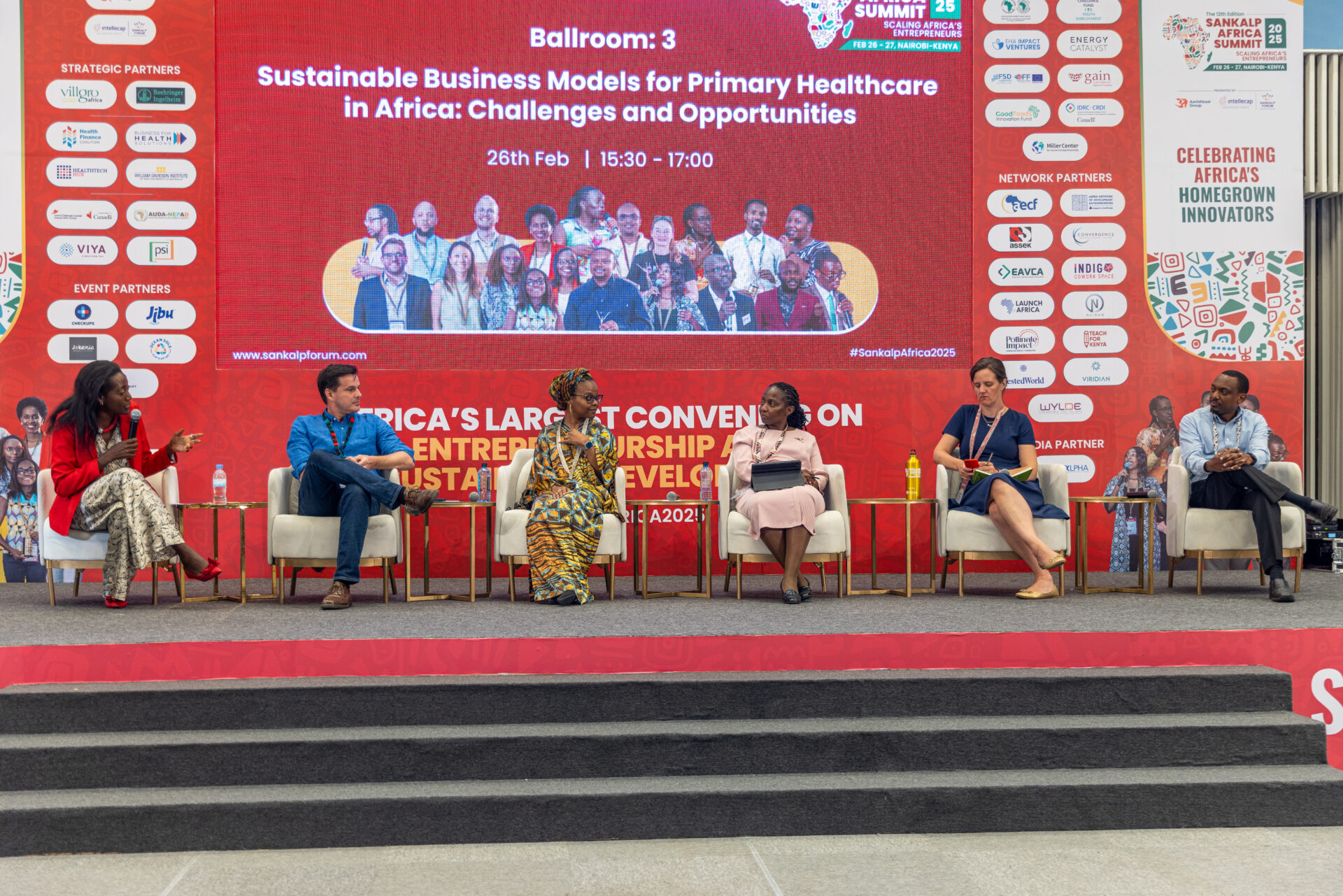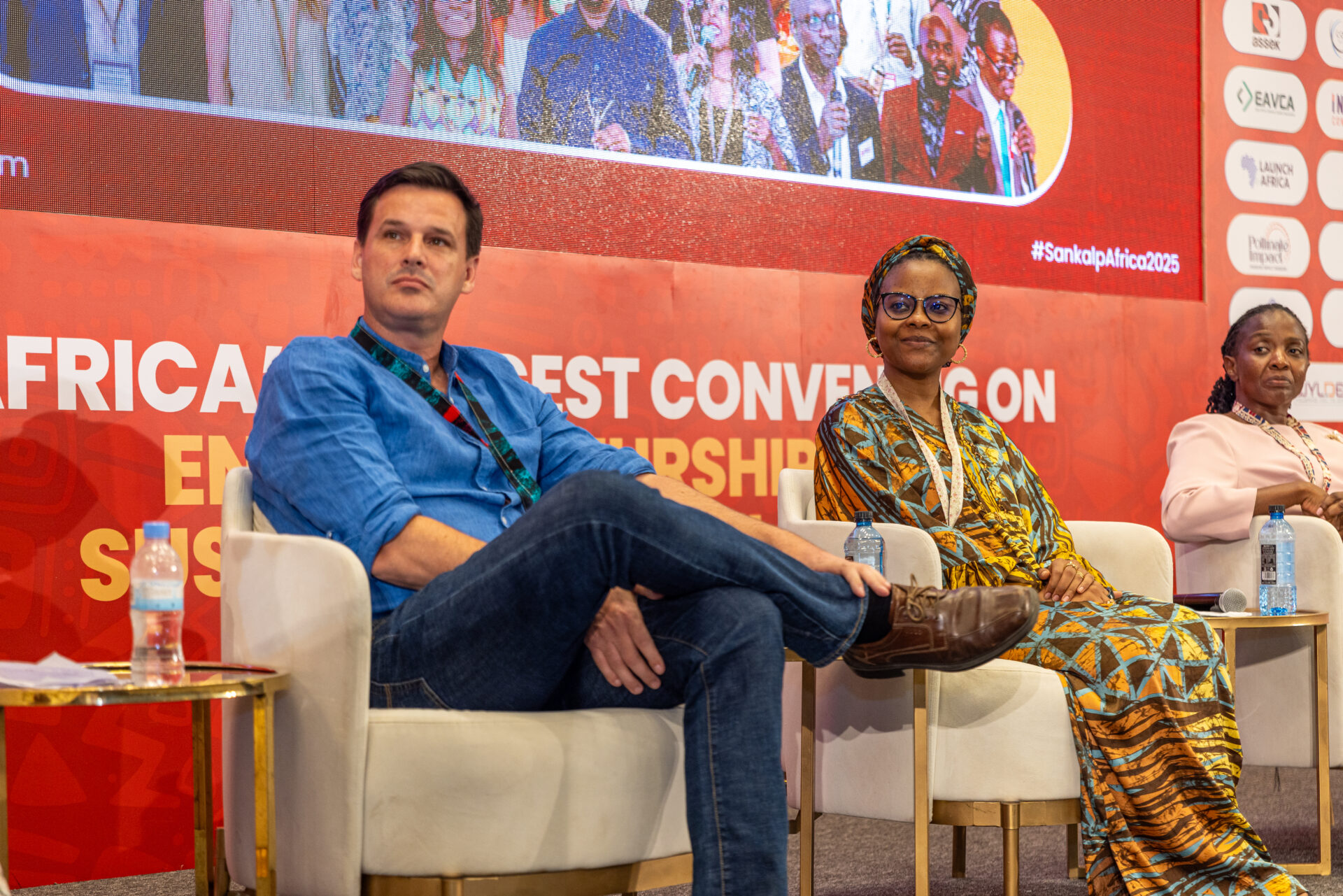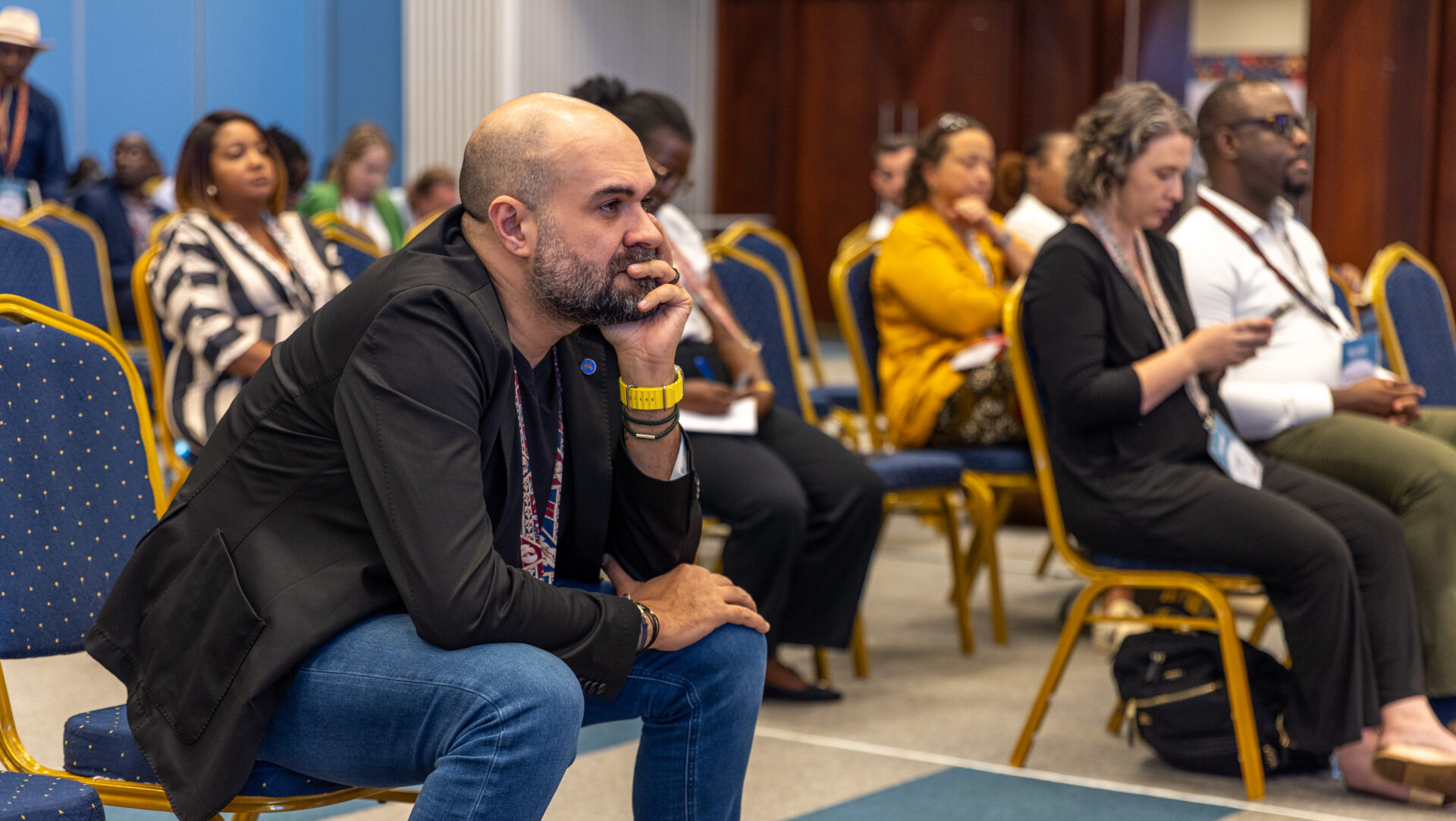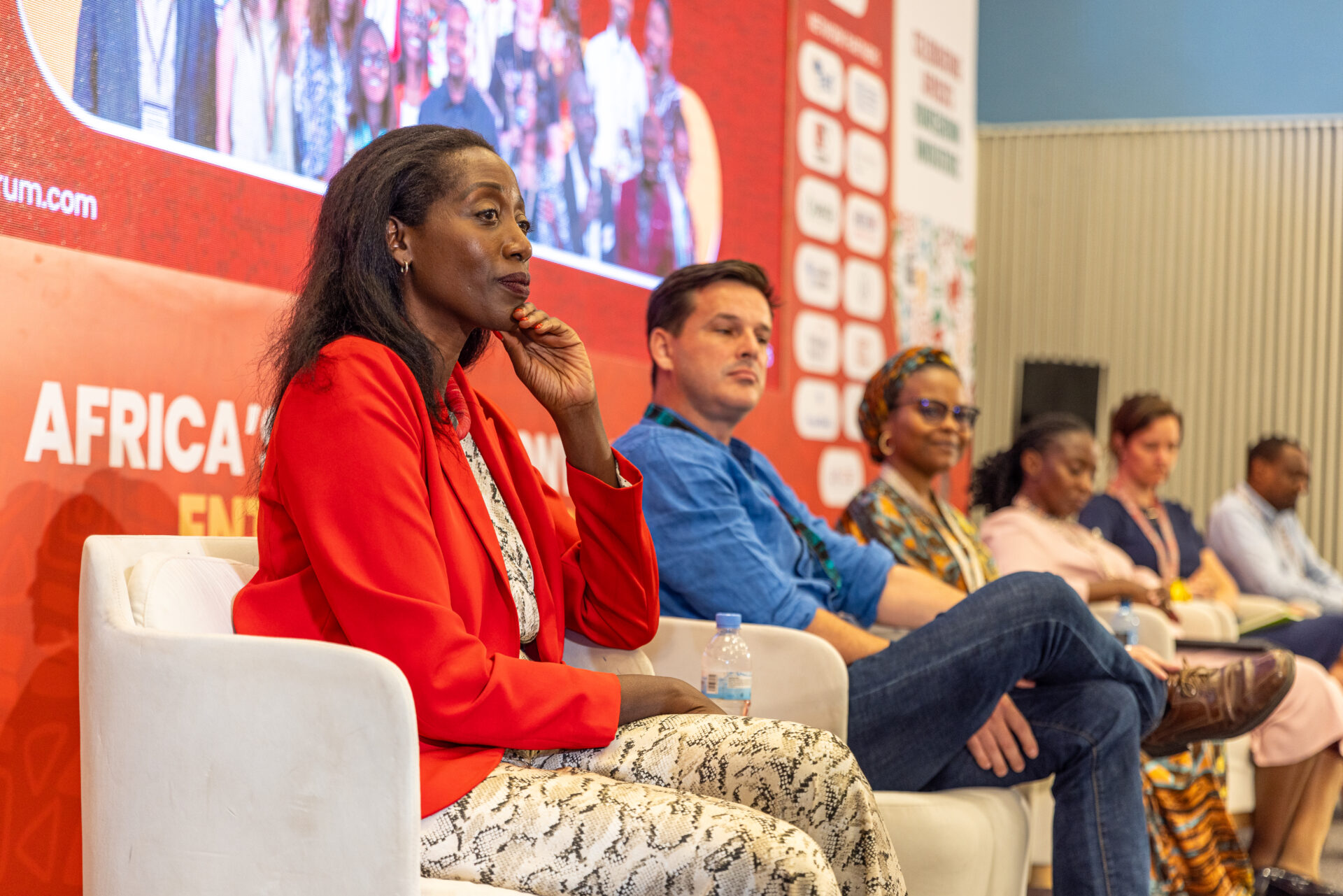“This is the biggest transformation I have witnessed in the Polio laboratory, University of Zimbabwe, since I started working here over 2 decades ago”, these are the words of Professor Rooyen Mavenyengwa, Director of Zimbabwe Polio Laboratory as he expresses excitement about the recent upgrade of the Lab.
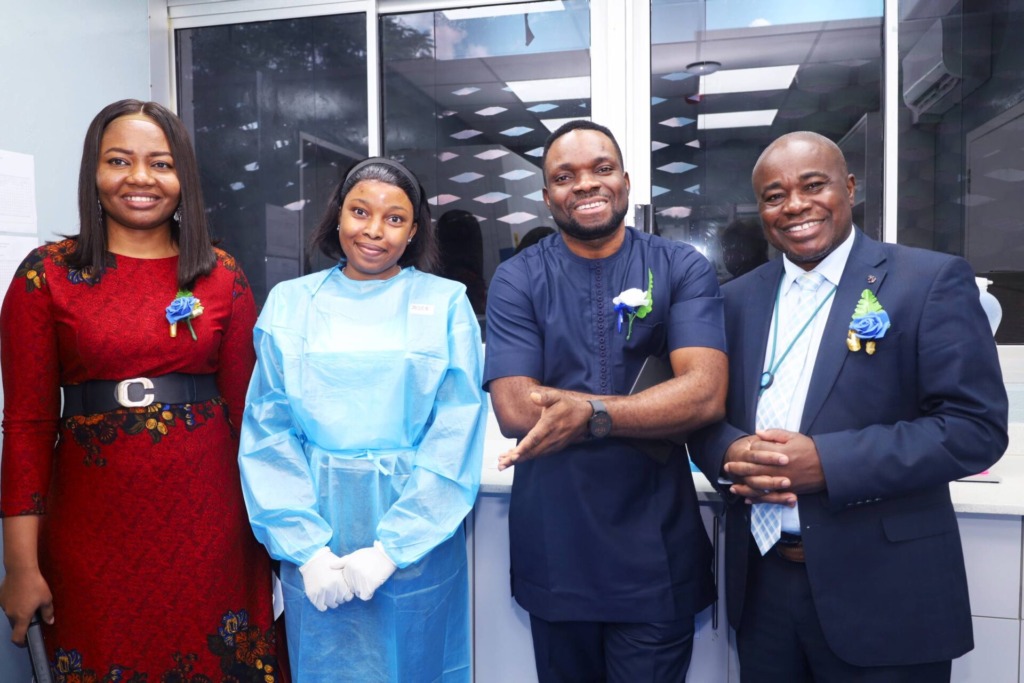
For five years, Professor Mavenyengwa has served as the Director of Zimbabwe Polio Laboratory, where he leads surveillance work on viral vaccine-preventable diseases like Polio, Rubella, Measles, and Rotavirus. But his journey in public health stretches back over two decades. As a scientist, educator, and principal investigator, Professor Mavenyengwa wears many hats but none more proudly than the one guiding Zimbabwe’s Lab into a new era.
“Before the upgrade, our challenges were multitude,” he recalls. “Our equipment, internet, fire alarm system, needed an urgent upgrade. In some instances we even lacked basic safety features like eyewash stations. It was not just inconvenient—it was unsafe.”
These challenges changed drastically, thanks to the comprehensive Lab modernization by World Health Organisation (WHO AFRO) and eHealth Africa with funding from Gates Foundation. The lab upgrade features new infrastructure, modern Information Communications Technology (ICT) systems, enhanced safety measures, and even state-of-the-art restrooms now define a space that was once struggling to keep pace with the demands of new global health surveillance trends.
Beyond aesthetics, the upgrade is about saving lives due to its new capacity for laboratory diagnosis of sewage samples for environmental surveillance (ES) in addition to the Acute flaccid paralysis (AFP) testing which was already done. Environmental surveillance is a key method in detecting polio in wastewater before it spreads to humans. Zimbabwe was the last country in the WHO Afro Regional network of 16 Labs to implement this technique—but not anymore.
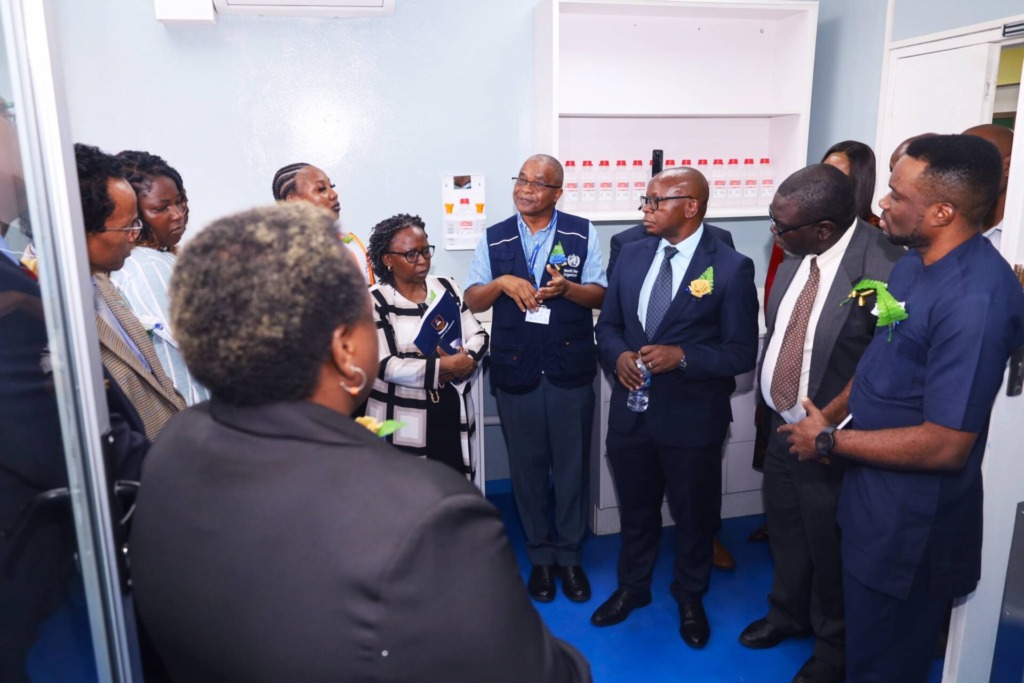
“For years, we had to send our environmental samples to South Africa. Now, we can test them right here, saving both time and money, and building our own local expertise,” he shares proudly.
With the evolution extending to genomic sequencing, Zimbabwe is now one of only nine countries piloting this initiative, allowing scientists to track and understand viral mutations in real time. “It’s a major leap for our scientific capabilities,” says Professor Mavenyengwa. “We’re not just participating, we’re leading.”
Beyond diagnostics, the upgraded Lab has become a center for training and capacity building. Undergraduate students now rotate through the Lab for hands-on experience, while postgraduate researchers make up over half the Lab staff. A new conference facility allows for in-house training, attracting experts from across and beyond the region and creating a ripple effect of scientific knowledge.
Professor Mavenyengwa believes this shift holds lasting promise. “The future is very bright,” he says. “Our data already informs national immunization policies, like the rollout of the nOPV2 vaccine. With stronger systems and better-trained personnel, Zimbabwe can make an even greater contribution to global polio eradication.”
For someone who has spent 23 years in academia and public health, this isn’t just about milestones, it’s personal. “We’ve waited a long time for this,” he reflects. “Now that we have it, we’re going to use it to the fullest, to protect our children, to protect our future.”
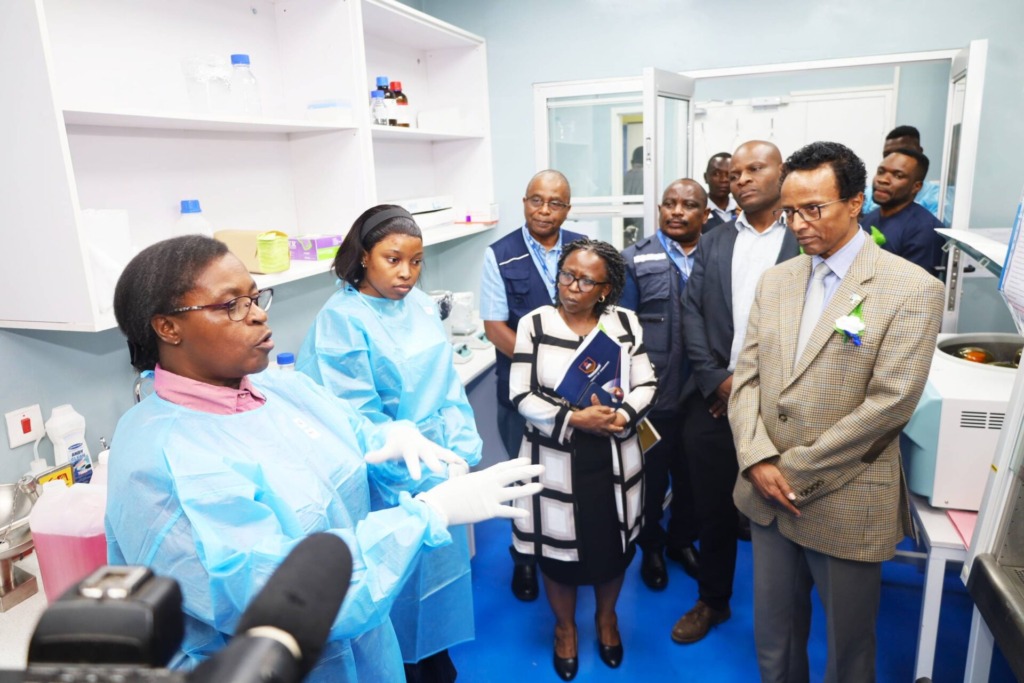
Speaking during the commissioning of the Polio laboratory in Zimbabwe, Dr Desta A. Tiruneh, World Health Organization Country Representative lauded the initiative stating that the launch of this laboratory is not only a significant advancement in Zimbabwe’s health infrastructure but also a vital move toward protecting the health and well-being of children throughout Africa. He said, “The fact that the Polio Lab belongs to a network of 16 other polio Labs in Africa also entails that Zimbabwe could also be called upon to support other Labs if the need arises. This advancement will increase the quality and timeliness of poliovirus detection not only in Zimbabwe but in Africa as a whole.”
Similarly, Deputy Director, Partnerships and Programs at eHealth Africa, Dr. David Akpan highlighted the significance of this impactful intervention to eHealth Africa’s mission of strengthening health systems across Africa. According to David, eHealth Africa team is excited that, “Beyond supporting prevention and swift response to health emergencies, the laboratory will also serve as a valuable resource for research and training for researchers in genomic sequencing and public health interventions”
In his own remark, Head of Zimbabwe Polio laboratory, Prof Rooyen Mavenyengwa expressed gratitude for the partnership, stating, “This is the biggest transformation we have seen in this laboratory since 2003. We deeply appreciate this collaboration with the Ministry of Health and Child Care, University of Zimbabwe, eHealth Africa, WHO AFRO, and the Gates Foundation. The enhancement of our National Virology Laboratory is a game-changer for Zimbabwe, allowing us to improve disease surveillance, strengthen response mechanisms, and build local expertise in genomic sequencing.“
In a world where laboratories are often hidden behind microscopes and machines, Professor Mavenyengwa’s story reminds us that behind every virus tracked and every outbreak prevented, a child’s life saved, there are passionate people pushing boundaries and quietly transforming systems, one upgrade at a time.
